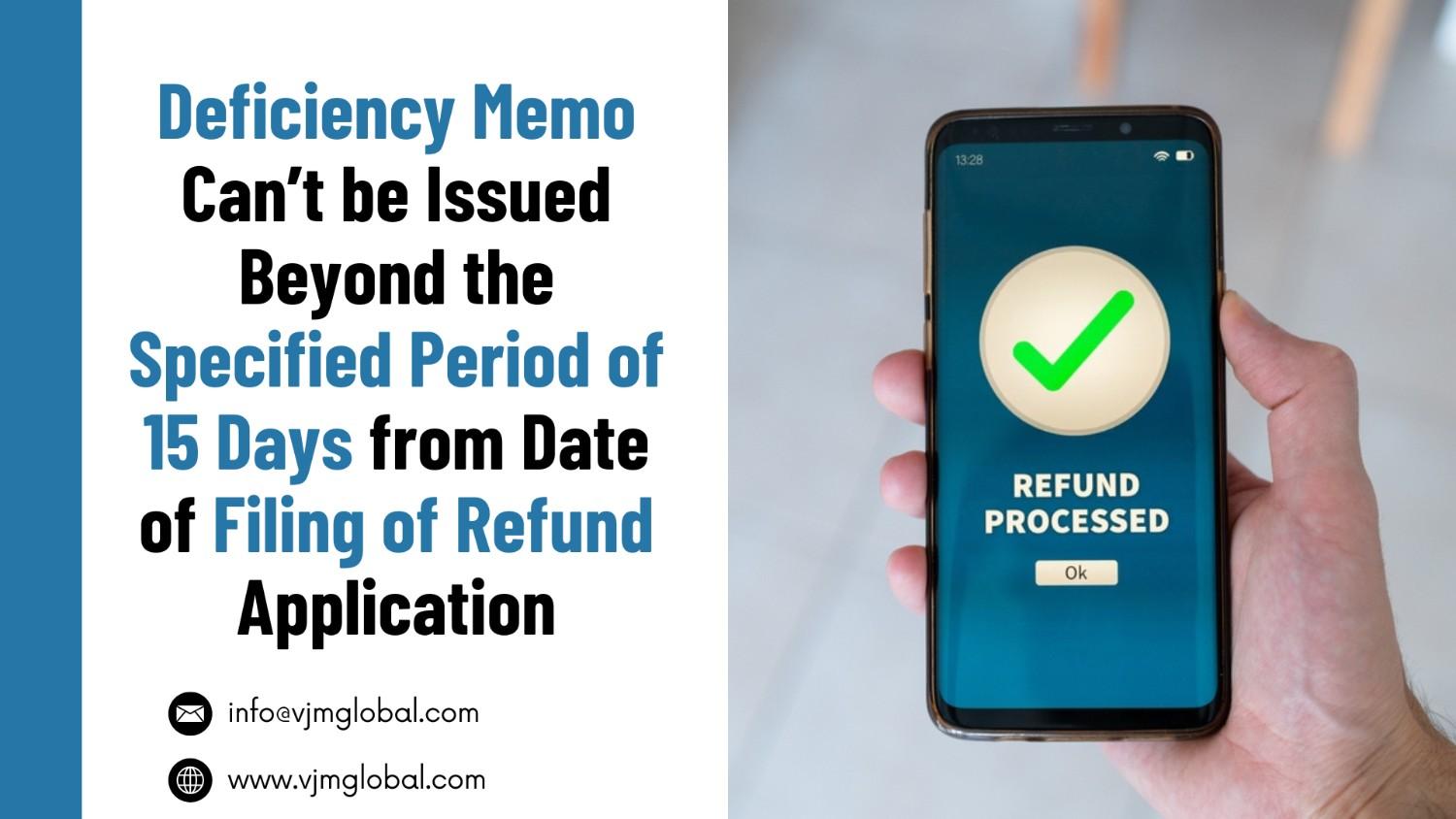Many businesses change their structure for various reasons and purposes such as for betterment of business from declining phase or to increase the value of their business or to have potency in market competition. In recent times after the COVID 19 crisis, more businesses are restructured due to continuous losses or due to difficulties in continuation of business.
A business can also be discontinued due to various reasons such as death of proprietor/partner causing dissolution of legal entity, intentional closure of the firm/company, transfer of business to some other person etc.
Discontinuation of Business can be done in following ways:-
- Closure of business without transfer of stock or other assets.
- Transfer of business to legal heir without any consideration
- Sale/transfer of business for:
- Lump Sum Consideration i.e. slump sales of business
- Itemised sale, i.e., when separate consideration is charged for different assets.
In this article, we have made an effort to analyze GST implications on different forms of discontinuation/ transfers of business.
1. Closure of business without transfer of stock and other assets
This form of business discontinuation arises when a person sells all his stock and assets and later on proceeds to close the business.
1.1 GST on sale of stock and asset
In such scenarios, as stock and assets are sold in the regular course of business, therefore, GST at applicable rates must be charged at the time of supply. Further, as no supply of goods is taking place at the time of closure of business, therefore, no GST is applicable on the same.
1.2 Treatment of Balance Lying in Electronic Credit Ledger
In case of clearance of all stocks and assets before discontinuation, balance in Electronic credit ledger can be remained due to various reasons such as sale of stock on losses, reduction in GST rates on goods dealt with, e.g., GST @ 18% was applicable at the time of purchase of stock and later on reduced to 12% etc.
In such cases, no refund of balance lying in Electronic Credit Ledger shall be granted and the person may continue to surrender his GST registration number.
2. Transfer of business of deceased person to legal heir without any consideration
This scenario generally arises in case of discontinuation of business due to death of proprietor and consequently the entire business is being transferred to the legal heir/Successor of the proprietor.
In this case, the legal heir may either continue the business of the deceased proprietor by transferring his assets and liabilities. In case of continuation of business, the legal heir shall obtain a new GSTIN and he may transfer ITC lying in the Electronic Credit Ledger of the deceased proprietor to his GSTIN. Legal heir shall also be liable for payment of GST liability of the deceased proprietor.
In case of discontinuation of business, legal heir shall discharge GST on stock or capital goods held on the date of cancellation of GST registration of deceased proprietor.
3. GST implication on Transfer/ sale of business as slump sales / Lump sum considerations
Transaction of transfer of business with all assets and liabilities for a lump sum consideration, i.e., where values are not assigned to each asset and liabilities separately, is known as Slump sale.
3.1 Whether Slump sale is considered as sales of goods or sale of services?
Question whether transfer of business for lump sum consideration is considered as “Sale of Goods” and “Sales of service” is a matter of dispute since beginning and various Advance Ruling has been sought on this issue.
Same question was placed before the Hon'ble Authority of Advance Ruling (“AAR '') of Karnataka in the matter of M/s Rajashri Foods Private Limited (ARN. KAR ADRG 06/2018 dated 23rd April, 2018).
Hon’ble AAR held following points:
- As per Section 7 of CGST Act, 2017, “Supply” includes activities such as sales, transfer, bater, exchange, etc. made for a consideration in the course or furtherance of business.
- Activity of transfer of business on a going concern basis for a lump sum consideration does not constitute as activity carried out in course or furtherance of business. However, Section 7 provides an inclusive definition of term “Supply” and therefore, even if transfer of business on a going concern basis has not been carried out in course or furtherance of business the same shall still be considered as “Supply” under GST.
Schedule II read with Section 7(1)(d) of CGST Act, 2017 provides that “Activities or Transactions to be treated as Supply of Goods or Supply of Services”.
Entry No. 4(c) of Schedule II of CGST Act, 2017 is reiterated for ready reference:
“ 4 Transfer of business asset
(c) where any person ceases to be a taxable person, any goods forming part of the assets of any business carried on by him shall be deemed to be supplied by him in the course or furtherance of his business immediately before he ceases to be a taxable person unless:
(i) the business is transferred as a going concern to another person; or
Therefore, as per Entry No. 4(c) of Schedule II, transfer of goods forming part of business shall be considered as “Transfer of Business Asset” where such person ceases to be a taxable person. However, this provision shall not apply where business is transferred on a going concern basis.
In case of slump sale, the entire business is transferred on a going concern basis. Therefore, such transfer is not to be considered as “Transfer of Goods”
Notification No. 12/2017-Central Tax(Rates) dated 28th June, 2017 contains a list of services exempted which are exempted under GST. Entry No. 2 of such notification is reiterated below:
| S. No. |
Chapter |
Description of Services |
Rate (%) |
Condition |
| 2 |
Chapter 99 |
Services by way of transfer of a going concern, as a whole or an independent part thereof. |
NIL |
NIL |
Therefore, as per Entry No. 2 of N/No. 12.2017-Central Tax (Rates), Transfer of business on going concern basis is considered as “Supply of Service” which is exempt.
Hon’ble Authority of Advance Ruling, Uttrakhand, defined term “Going Concern” in the matter of M/s Rajeev Bansal & Sudershan Mittal (Ruling No. 09/2019-20 dated 9th January, 2020) as:
“7.5 ...In terms of Financial Transaction “Going Concern” has the meaning that at the point in time to which the description applies, the business is live or operating and has all parts and features necessary to keep it in operations. Thus “Transfer of a going concern” in a simple way can be described as transfer of running business which is capable of being carried on by the purchaser as an independent business.”
Therefore, if a business is transferred on a going concern basis then such a transaction is considered as “Supply of Service”.
Similar stands are also taken by various other AARs.
3.2 What is the GST Rate applicable on Slump Sale of business
As per N/No. 12/2017-Central Tax (Rate), supply of business on going concern basis is exempted from payment of GST without any condition.
In case of slump sale, if business is transferred on a going concern basis then the same shall be considered as “Exempted Supply”.
3.3 How to Transfer of Balance in Electronic Credit Ledger
As discussed above, as per Section 18(3) of CGST Act read with Rule 41 of CGST Rules, balance in Electronic Credit Ledger of the transferor can be transferred to through filing of Form GST ITC-02 by transferor on GST portal subject to fulfillment of other conditions discussed above.
3.4 Manner of computation of ITC to be transferred in case of partial transfer of business
In case of transfer of the whole business, the transferor is entitled to transfer the entire balance of unutilized ITC lying in the Electronic credit ledger to the transferee. However, In case of partial transfer of business, e.g. demeger or sale of segment only, transferor is eligible to transfer only proportional ITC pertaining to the segment transferred,
As per the Rule 41 of CGST Act, 2017, the ITC shall be apportioned in the ratio of value of transferred assets with the total value of Assets. The same can be understood by the following formula:
ITC entitled for transfer = ITC balance * Value of Assets which is transferred / Total Value of Assets
- For example A GST business is partially transferred with the value of assets transferred is Rs. 4 crore out of total assets of Rs. 10 crore. ITC available in the credit ledger is Rs. 1 crore. Then the ITC transferred to the transferee is 1*4/10= 0.4 crore {ITC available * Value of Assets to be transferred / Total Value of Assets}
3.5 Item wise Sale
In case of Itemised sales, the entire business is not transferred to any person, rather few assets are transferred and where the value is assigned to each asset.
Entry No. 4(a) of Schedule II of CGST Act, 2017 is reiterated below:
“4. Transfer of business assets
(a) where goods forming part of the assets of a business are transferred or disposed of by or under the directions of the person carrying on the business so as no longer to form part of those assets, such transfer or disposal is a supply of goods by the person;”
Therefore, as per Entry No. 4(a) of Schedule II of CGST Act, transfer of business assets is considered as “Supply of Goods” and GST on the same shall be charged at the applicable rate.
Also, as there is no transfer of business taking place, therefore, there is no provision given for transfer of unutilised balance in Electronic Credit Ledger.
4. Conclusion
Therefore, in case of closure of business or dissolution of business due to death of proprietor or winding up of Company, mere surrendering a GST registration is not sufficient. Cancellation of GST registration does not put an end to liabilities of any person and appropriate action can be taken against such person in future date. Therefore, before surrendering GST registration, a person is required to look after all possible GST liability and applicable compliances.













